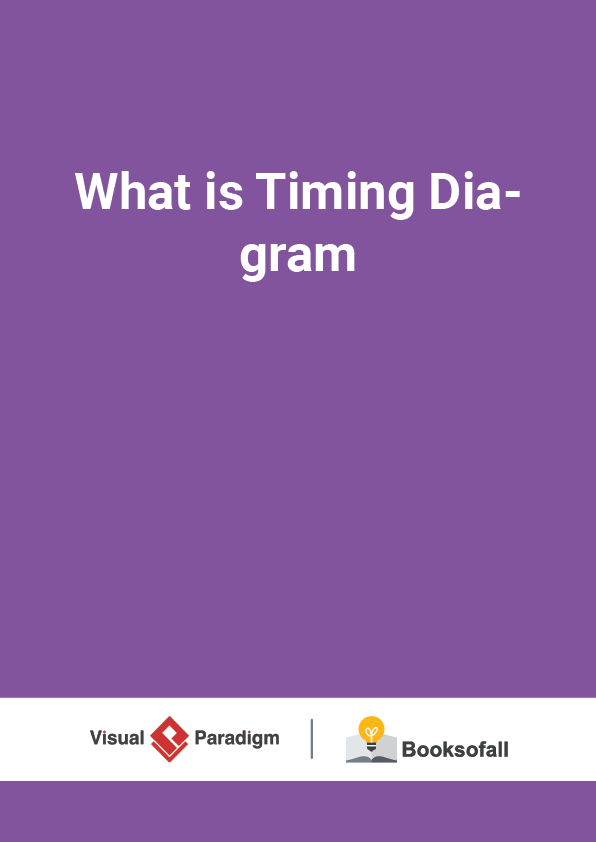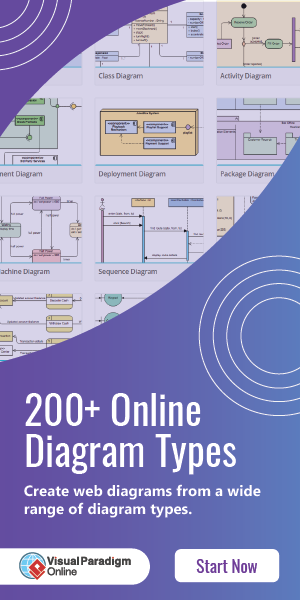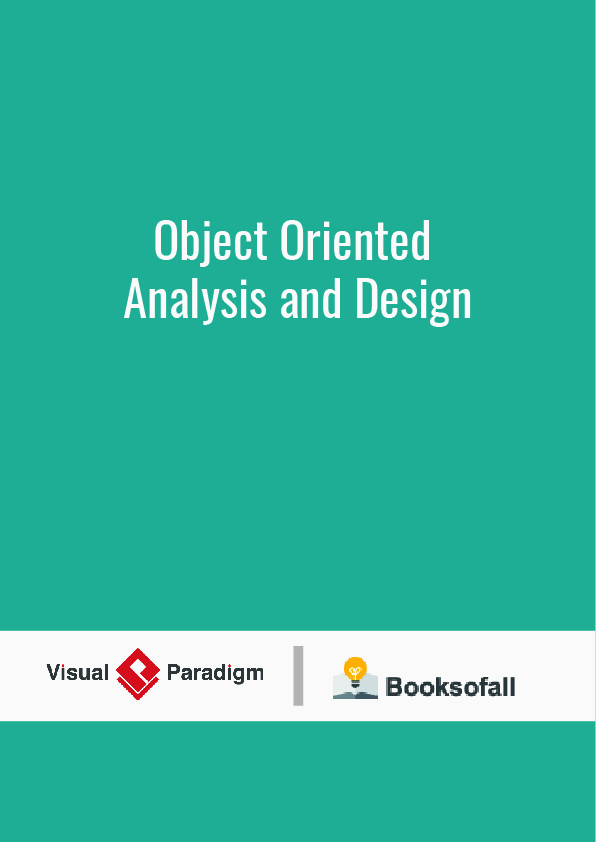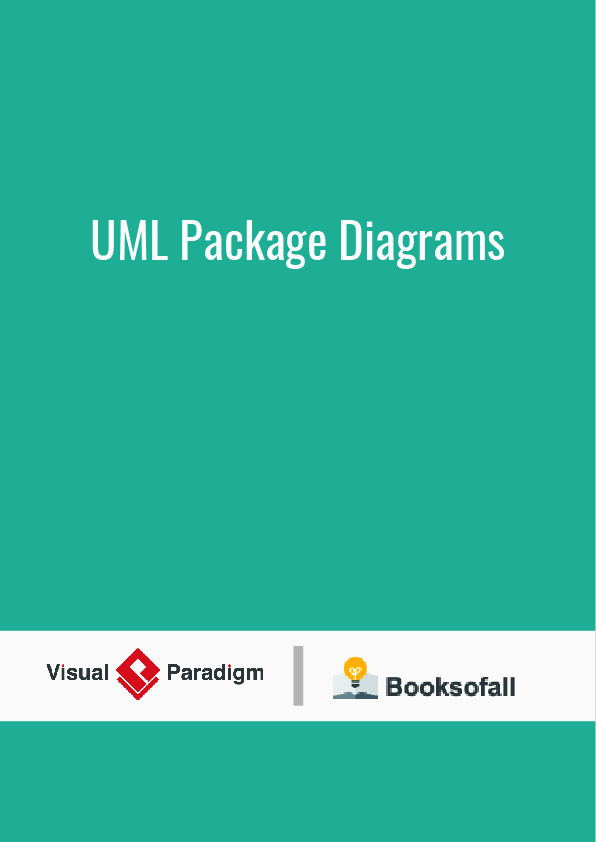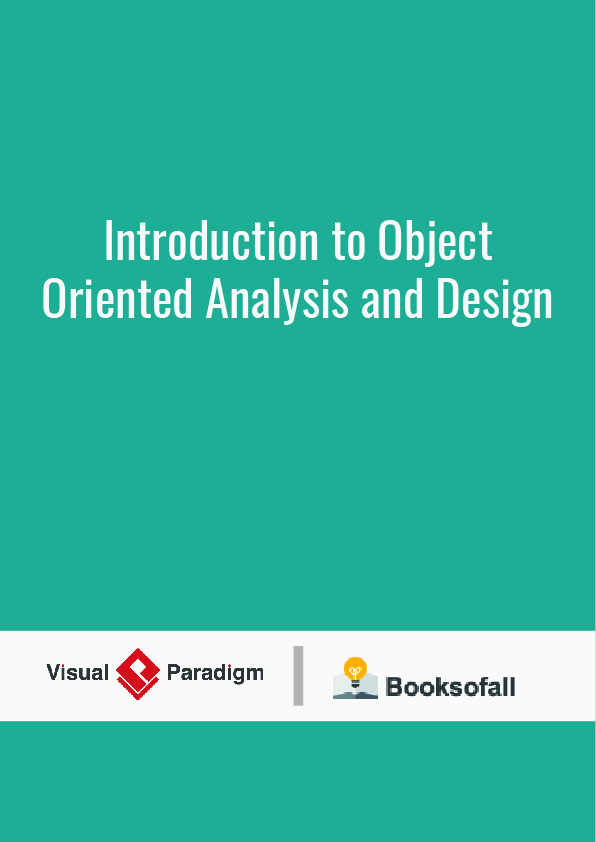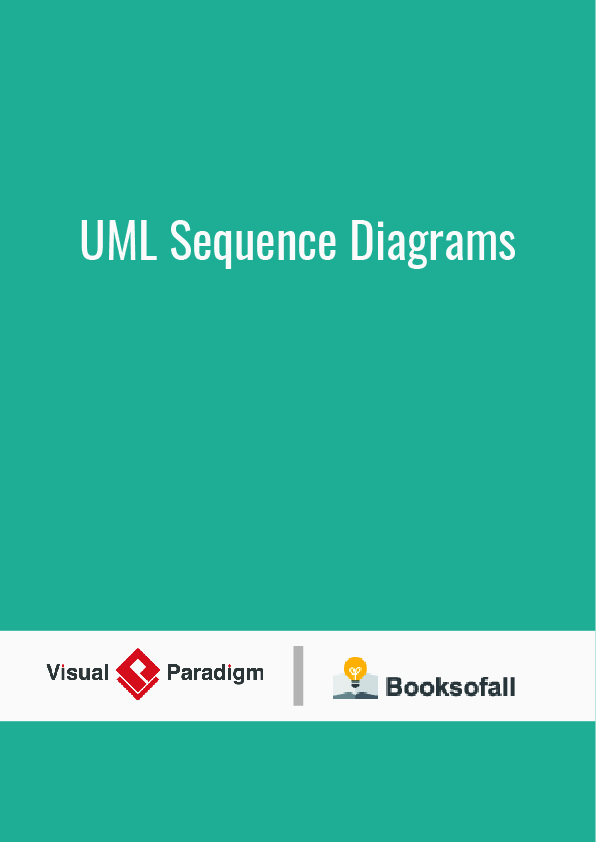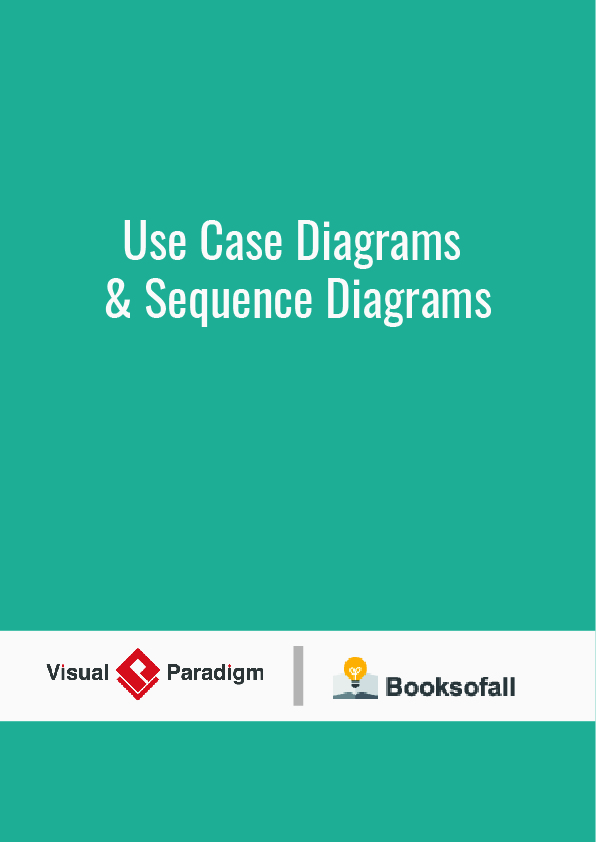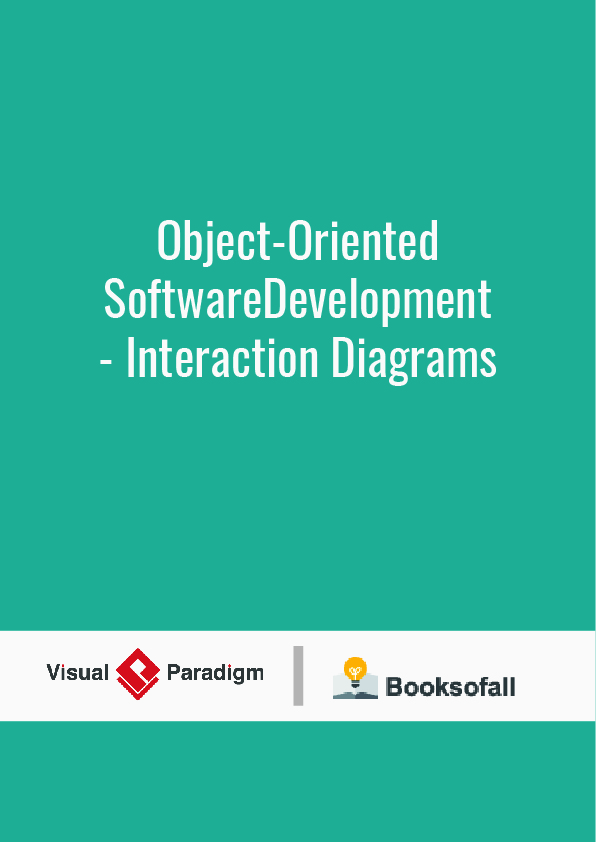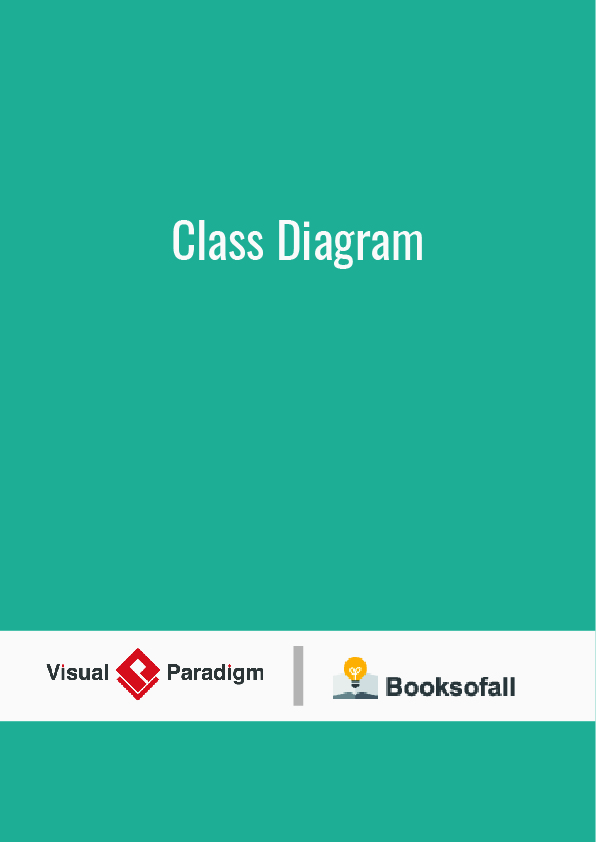What is Timing Diagram?
5-7 minutes
Timing diagrams are UML interaction diagrams used to show interactions when a primary purpose of the diagram is to reason about time.
Timing diagrams focus on conditions changing within and among lifelines along a linear time axis. Timing Diagrams describe behavior of both individual classifiers and interactions of classifiers, focusing attention on time of occurrence of events causing changes in the modeled conditions of the Lifelines.
Are you looking for a Free UML tool for learning UML faster, easier and quicker? Visual Paradigm Community Edition is a UML software that supports all UML diagram types. It is an international award-winning UML modeler, and yet it is easy-to-use, intuitive &completely free.
Free Download
Time Diagram at a Glance
State Timeline Representation
Changes from one state to another are represented by a change in the level of the lifeline . For the period of time when the object is a given state, the timeline runs parallel to that state. A change in state appears as a vertical change from one level to another. The cause of the change, as is the case in a state or sequence diagram, is the receipt of a message, an event that causes a change, a condition within the system, or even just the passage of time.
Value lifeline Representation
The figure below shows an alternative notation of UML Timing diagram. It shows the state of the object between two horizontal lines that cross with each other each time the state changes.
Basic Concepts of Timing Diagrams
Major elements of timing UML diagram – lifeline, timeline, state or condition, message, duration constraint, timing ruler.
Lifeline
A lifeline in a Timing diagram forms a rectangular space within the content area of a frame. Lifeline is a named element which represents an individual participant in the interaction. It is typically aligned horizontally to read from left to right.
